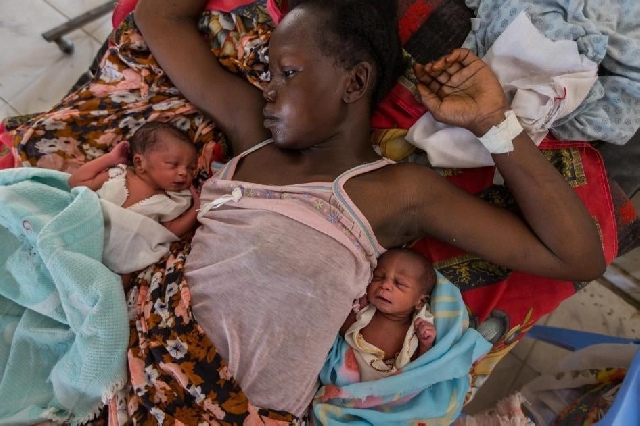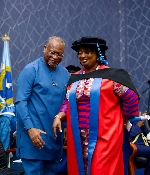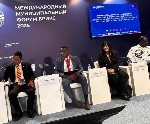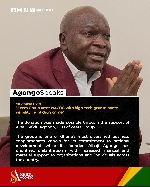Ending child marriage — Beyond hashtags and promises
 Child marriages on the rise in Ghana
Child marriages on the rise in Ghana
Child marriage is one of Ghana’s quietest crises.
It doesn’t always make the headlines, yet every year, thousands of young girls are forced into unions that strip them of their freedom, education, and future.
Behind every statistic lies a childhood interrupted, one of a girl whose dreams are replaced with domestic responsibility and early motherhood.
Despite laws, advocacy, and international commitments, child marriage continues to thrive, especially in rural and impoverished communities.
The Children’s Act of 1998 clearly sets 18 as the minimum legal age for marriage, but weak enforcement and cultural acceptance make the practice hard to eliminate.
For many families, early marriage is seen as a way out of poverty or a means of preserving honour.
But what we rarely discuss is the long-term damage not just to the girls, but to society as a whole.
When girls are forced into marriage, we lose future teachers, doctors, entrepreneurs, and leaders.
“We cannot claim to be building a better future while selling off the dreams of our daughters.”
The conversation around child marriage often resurfaces only when a tragic story breaks out or when activists launch new campaigns.
Yet the problem runs deeper than social media trends or government press statements.
It is embedded in our values, our silence, and sometimes, our misplaced sense of tradition.
The fight against child marriage is not just about enforcing the law; it’s about transforming mindsets.
Chiefs, pastors, parents, and teachers are not just policymakers but must be a part of this cultural shift.
When a community collectively decides that a girl deserves to finish school before marriage, progress begins.
Ghana has made progress through programmes led by the Ministry of Gender, Children and Social Protection and partners like UNFPA and UNICEF, but implementation remains inconsistent.
In some areas, the lack of shelters, social workers, or community education campaigns leaves girls vulnerable.
Education remains the most powerful tool to end this cycle.
A girl in school is less likely to be married off early.
A girl who understands her rights is less likely to accept abuse disguised as tradition.
And a society that values its girls as equal partners in progress will never tolerate child marriage.
We cannot continue to treat child marriage as a seasonal conversation.
Every time a girl is forced into marriage, Ghana takes a step backwards.
Ending this practice must go beyond hashtags and slogans.
It must become a national moral duty.
Because no country can truly rise while half its children are held down by silence, poverty, and outdated customs.
Trending News

Vice President calls for stronger African agency in peace and security at KAIPTC’s 14th graduation ceremony
04:45
OSP to prosecute former Finance Minister, 5 others over SML contract scandal
19:33
Bola Ray clarifies Qnet’s role in alleged fraudulent cases
15:20
Teshie-Nungua Desalination Plant shutdown temporarily
15:47
Bryan beats Ken & Bawumia in Ashanti and Eastern - Global InfoAnalytics
13:44
Ghana is leading in youth empowerment efforts – Edem Agbana touts at BRICS forum
05:35
Weija MCE assists Chinese investors to encroach on Panbros Salt Factory lands
18:19
John Jinapor calls for strong partnerships to accelerate Africa’s solar transition
14:06
Paul Adom-Otchere challenges OSP’s asset declaration directive in court
15:37
Zeera Group arms NACOC with high-tech gear to boost visibility, fight drug crime
07:57




